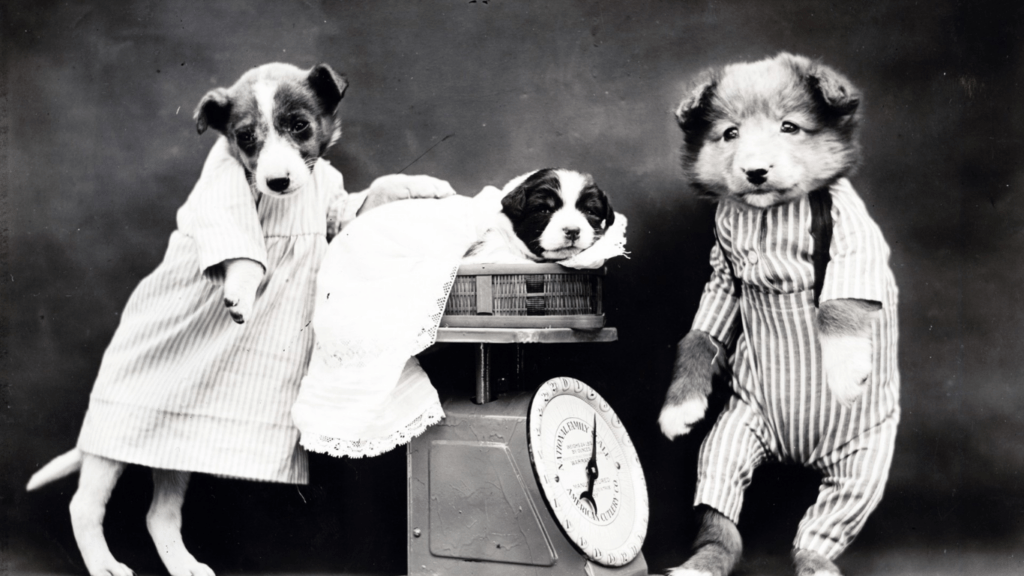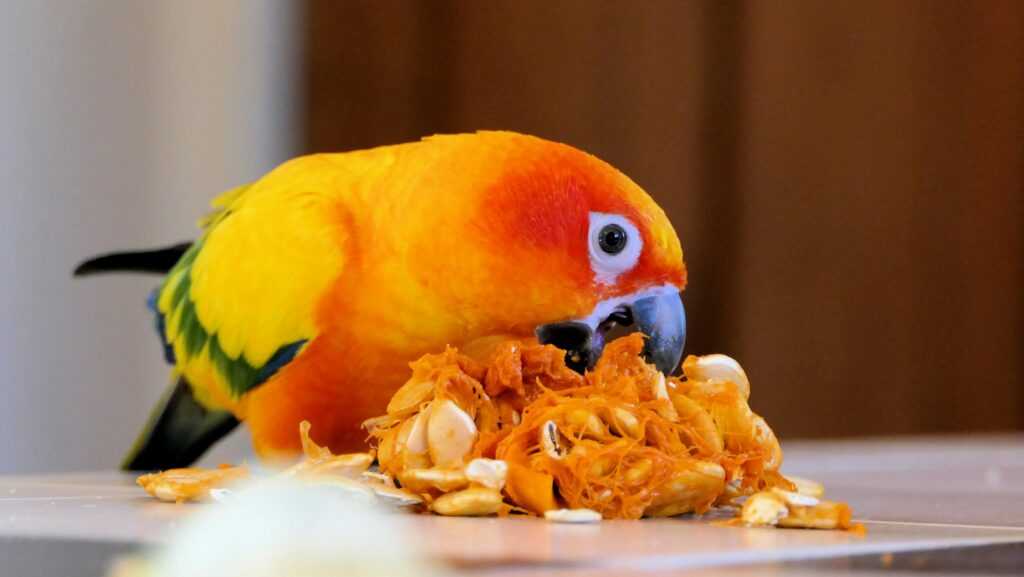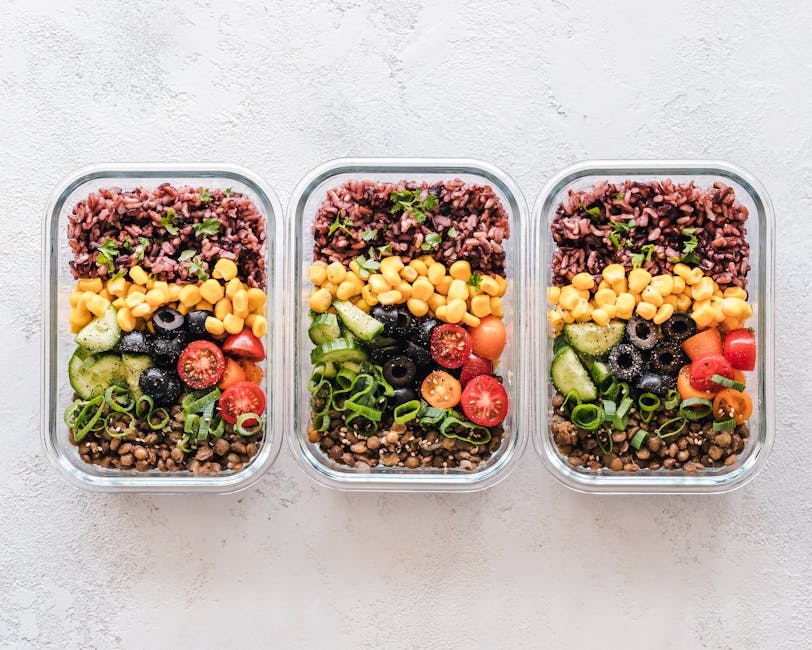Are you feeding your furry friend the right way? As a pet owner, I understand the importance of providing our beloved companions with a healthy and balanced diet. In this article, I’ll debunk common myths surrounding pet nutrition to help you make informed decisions about what goes into your pet’s bowl.
Many pet owners are bombarded with conflicting information about what constitutes a healthy diet for their pets. From raw food diets to grain-free options, the world of pet nutrition can be overwhelming. Through my years of experience and research, I’ve sifted through the misinformation to bring you the truth about what your pet really needs to thrive.
Join me as we navigate through the maze of pet diet myths and uncover the reality behind popular beliefs. It’s time to separate fact from fiction and ensure that your furry companion is getting the nutrition they deserve.
Understanding Pet Nutrition
When it comes to understanding pet nutrition, it’s essential to grasp the significance of a balanced diet and the common nutritional requirements that your furry friends need to stay healthy and happy. Let’s delve into these aspects to ensure you’re providing the best care for your beloved pets.
Importance of Balanced Diet
A balanced diet is crucial for pets as it provides them with the necessary nutrients to support their overall health and well-being. It ensures they receive the right combination of proteins, carbohydrates, fats, vitamins, and minerals essential for their growth, energy, and immune function. Without a balanced diet, pets may experience nutritional deficiencies that can lead to various health issues and affect their quality of life.
Common Nutritional Requirements
Pets have specific nutritional requirements that vary based on their species, breed, age, and size. Common nutritional requirements include proteins for muscle maintenance and repair, carbohydrates for energy, fats for essential fatty acids, vitamins for various metabolic functions, and minerals for proper bodily functions. Understanding these nutritional needs and providing a diet that meets them is key to promoting the overall health and longevity of your pets.
Common Pet Diet Myths
When it comes to the diet of our furry friends, there are several prevalent myths that need to be addressed to ensure their optimal health and well-being. Let’s debunk some of the most common pet diet myths to provide clarity and guidance to pet owners.
Myth 1: Grain-Free Diets Are Best
Grain-free diets have gained popularity in recent years, with claims that they are the healthiest option for pets. While some pets may have grain sensitivities, it’s essential to note that grains can be a valuable source of nutrients for many animals. Whole grains like brown rice and quinoa can provide essential fiber and energy. It’s crucial to consult with a veterinarian to determine if a grain-free diet is necessary for your pet based on their individual needs.
Myth 2: Homemade Diets Are Healthier
Many pet owners believe that homemade diets are the healthiest choice for their furry companions. While home-cooked meals can be a great way to ensure quality ingredients, it’s challenging to provide a balanced diet that meets all of your pet’s nutritional requirements. Commercial pet foods are formulated to provide the right balance of proteins, carbohydrates, fats, vitamins, and minerals needed for your pet’s overall health. If considering a homemade diet, consult with a veterinary nutritionist to develop a well-rounded meal plan for your pet.
Myth 3: Raw Food Diets Are Superior
Raw food diets have gained traction as a more natural and healthier option for pets. However, feeding raw food comes with potential risks such as bacterial contamination and nutrient deficiencies. Properly formulated commercial pet foods are rigorously tested to ensure they meet the nutritional needs of pets. If you’re considering a raw food diet, it’s crucial to consult with a veterinarian to assess the potential benefits and risks based on your pet’s individual requirements.
By debunking these common pet diet myths, pet owners can make informed decisions about their pet’s nutrition, ensuring they receive the balanced diet they need for a healthy and happy life.
Debunking the Myths
When it comes to pet diets, there are several common myths that need to be debunked to ensure our furry friends get the nutrition they need. Let’s uncover the truth behind these misconceptions.
- Science Behind Grain-Free Diets
Grain-free diets have been popularized as a healthier option for pets, but the science behind this trend may not be as clear-cut as it seems. While some pets may have allergies to certain grains, such as corn or wheat, grains can actually provide essential nutrients like fiber and carbohydrates. It’s essential to consult with a veterinarian to determine if a grain-free diet is truly necessary for your pet’s specific dietary needs. - Pros and Cons of Homemade Diets
Many pet owners believe that homemade diets are a better choice for their pets as they can control the ingredients. However, creating a balanced homemade diet that meets all of a pet’s nutritional requirements can be challenging. Without careful planning and consultation with a veterinarian or a pet nutritionist, homemade diets can lead to nutrient deficiencies or imbalances. It’s crucial to weigh the pros of customization against the cons of potentially inadequate nutrition.
Risks Associated with Raw Food Diets
Raw food diets have gained popularity in recent years, with proponents claiming that they mimic a pet’s natural diet and offer health benefits. However, feeding pets raw food comes with inherent risks, such as bacterial contamination and nutrient deficiencies. Raw diets may not provide all the necessary nutrients in the right proportions, increasing the likelihood of health problems. Consulting with a veterinarian to understand the risks and benefits of raw food diets is crucial in making an informed decision about your pet’s nutrition.
Providing the Best Diet for Your Pet
Growing up, I always heard conflicting advice about what to feed my pets. However, understanding the basics of pet nutrition can make a significant difference in their health. When it comes to your furry companion’s diet, it’s crucial to consider their unique needs based on factors like species, breed, age, and size.
Proteins, like chicken, beef, or fish, are essential for muscle development and overall health. Contrary to common myths, not all grains are bad for pets. In fact, some whole grains can provide valuable nutrients like fiber and minerals. It’s essential to strike a balance between proteins, carbohydrates, and fats to ensure a well-rounded diet.
Many pet owners believe that homemade diets are always better for their pets. While homemade meals can be beneficial, it’s crucial to ensure they meet all the pet’s nutritional requirements. Raw food diets have gained popularity in recent years, but they come with risks like bacterial contamination. Consulting with a veterinarian is key to formulating a diet plan that suits your pet’s specific needs while keeping them healthy and happy.




